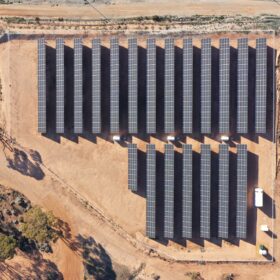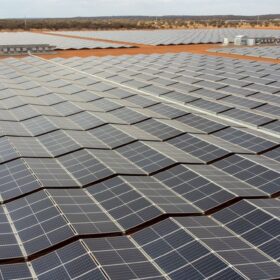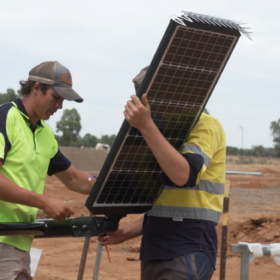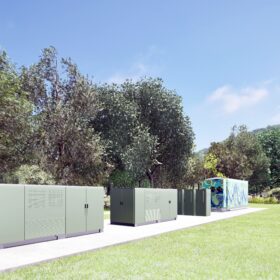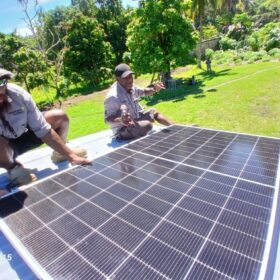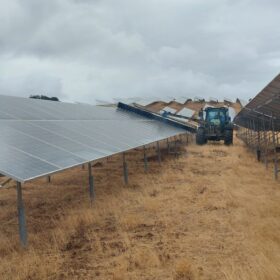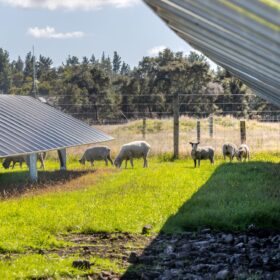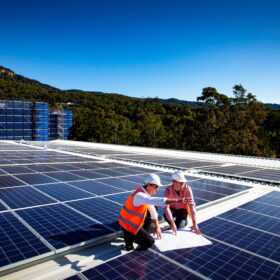Horizon seeks federal approval for Derby solar and storage plans
Western Australian regional energy provider Horizon Power is seeking a federal green tick for a 21 MW solar-plus-battery storage project designed to help power the coastal town of Derby in the state’s Kimberly region.
5B’s Maverick technology shines with $46 million Solar SunShot backing
Modular solar developer 5B is Australia’s first recipient of the federal government’s $1 billion Solar SunShot program, receiving $46 million to increase the manufacturing capacity of its Maverick unit.
Off-grid solar street lighting delivers control of energy assets for local council
Melbourne-based off-grid public solar lighting provider Leadsun has collaborated with a New South Wales local council to install off-grid public solar street lighting in a new residential development.
Ergon plans ‘Queensland first’ microgrid in state’s far north
Queensland government-owned utility Ergon Energy has announced it will build the state’s first network-connected microgrid as it investigates how to best utilise distributed energy resources, such as rooftop solar, and improve the reliability of electricity supply in edge-of-grid communities.
Remote Vanuatu healthcare centres fitted out with rooftop solar
Australian government initiative REnew Pacific in partnership with disaster relief organisation Respond Global are installing 20 off-grid solar power systems and refurbishing 20 additional health facilities in Vanuatu, to enable reliable 24/7 electricity in some of the island nation’s most remote communities.
Malaysia introduces rooftop solar aggregation scheme
Malaysia’s first rooftop aggregation initiative for solar systems is now live. The program allows homeowners to lease or rent their rooftop for solar generation, with the electricity produced sold to commercial and domestic customers within a 5 km radius.
Three new Victorian community batteries to operate in virtual power plant
Energy from three new community batteries to be built by Melbourne-based Yarra Energy Foundation will be managed by Victorian electricity company Diamond Energy’s virtual power plant.
Chemitek Solar launches new antistatic soiling mitigation coating
The Portuguese company said its new anti-soiling solution lasts for at least a year. It can be applied during routine cleaning operations by mixing it directly in the cleaning water.
Demand for agrivoltaic projects in New Zealand growing
New Zealand solar farm developer Lightyears Solar has turned on the Waingawa Solar Farm, a 4.7 MW community agrivoltaic project, utilising 7,700 solar panels, noting a significant increase from landowners in hosting solar arrays.
Community batteries charge on across New South Wales and Victoria
Over 30 community batteries have been launched since 1 April 2025 backed by federal government grants as part of its $200 million deployment of 400 community battery installations across Australia.
